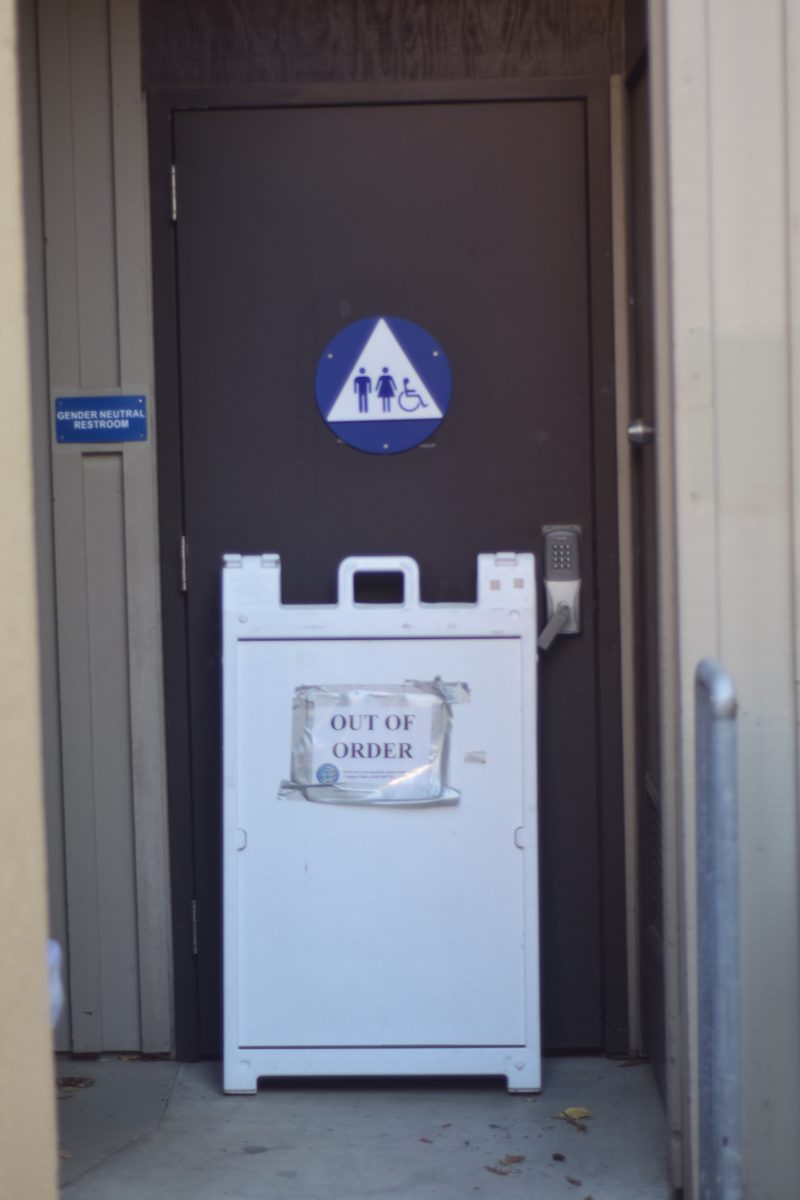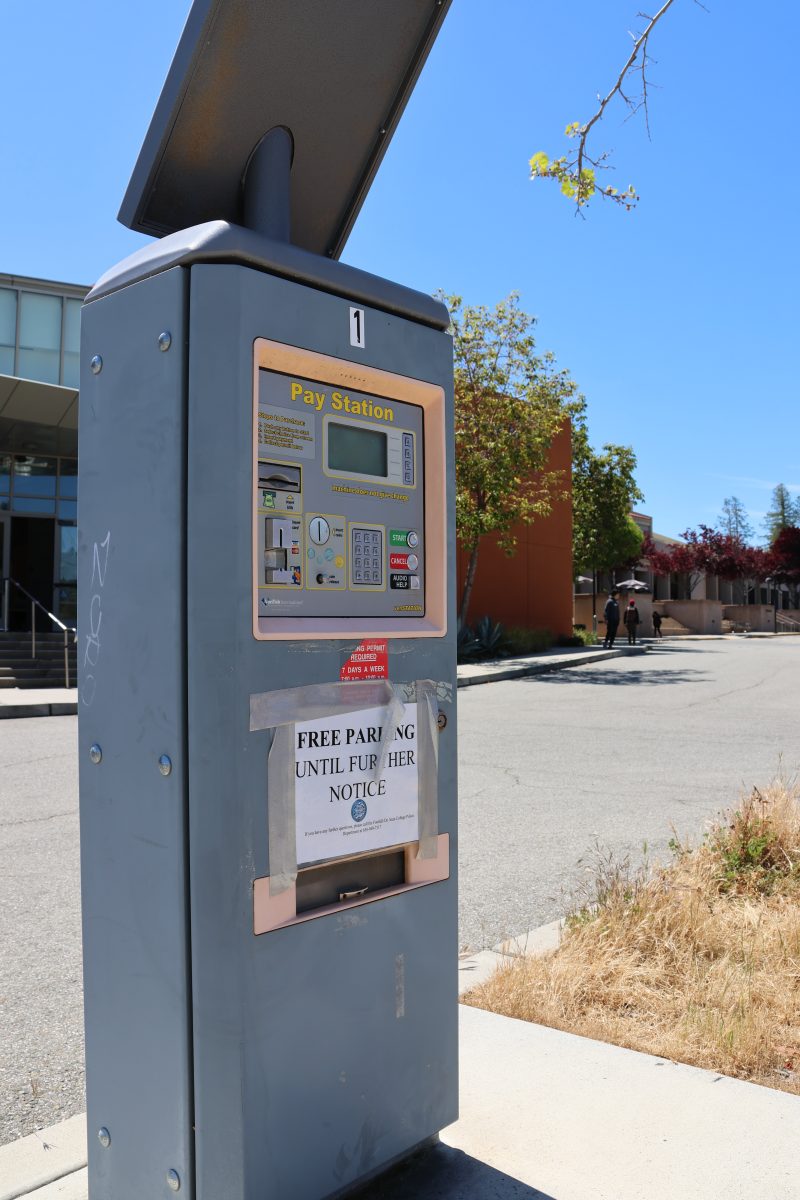In the latest event involving the contentious statehood negotiations between Palestine and Israel, Palestinian President Mahmoud Abbas submitted a unilateral request for a United Nations membership for the Palestinian State, a controversial move destined to fail given the promised United States veto. Despite Israeli and U.S. concerns, the Palestinian statehood gambit has prima facie merit.
What are the requirements for a U.N. membership? United Nations Charter Article 4 contains nebulous language regarding membership. The first reads, “Membership in the United Nations is open to all other peace-loving states which accept the obligations,” while the second states, “The admission of any such state to membership in the United Nations will be effected by a decision of the General Assembly upon the recommendation of the Security Council.” What kind of convoluted political criteria is that? There is an alternative worthy of consideration.
The 1933 Montevideo Convention contains specific criteria for statehood. These include a permanent population, a government, the capacity to enter into relations with other states, and a defined territory. The Palestinian populations in the West Bank and Gaza Strip constitute a permanent population, check. The Palestinian National Council adopted the Palestinian Declaration of Independence in exile on November 15, 1988. Palestine is a parliamentary democracy with Mahmoud Abbas as the current President, check. As of September 2011, Palestine has bilateral relations with numerous countries, has embassies in over 100 nations and 127 out of 193 U.N. members recognize the State of Palestine, check. The central point of contention is defined territory, something that is not mentioned in U.N. Charter Article 4 as a necessary condition for membership.
The Israeli position for rejecting Palestinian U.N. membership, and to a lesser extent the United States, is primarily twofold. First, it posits that the Palestine “state” has no legitimate claim to Jerusalem as its capital. This is an issue for negotiation between the states themselves; it is not sufficient unto itself to prohibit U.N. membership to Palestine.
Second, Israel contends that the Palestinian government is not “peace-loving,” pointing to rocket attacks from the Hamas-controlled Gaza Strip. However, those attacks are the work of a small group within a faction of the Palestinians, not the majority of peaceful Palestinian people. The Fatah-Hamas conflict is now into its fifth year. Fatah currently controls of the organs of diplomacy. A major win at the U.N. would only strengthen Fatah’s position, reduce Hamas’ influence, and help insure Israeli security at the expense of the Palestinians.
The Palestinian gambit has merit. Despite the litany of issues to negotiate, admission of Palestine as a U.N. member, even if it is non-voting for the interim, is a vital step in renewing the peace process.








